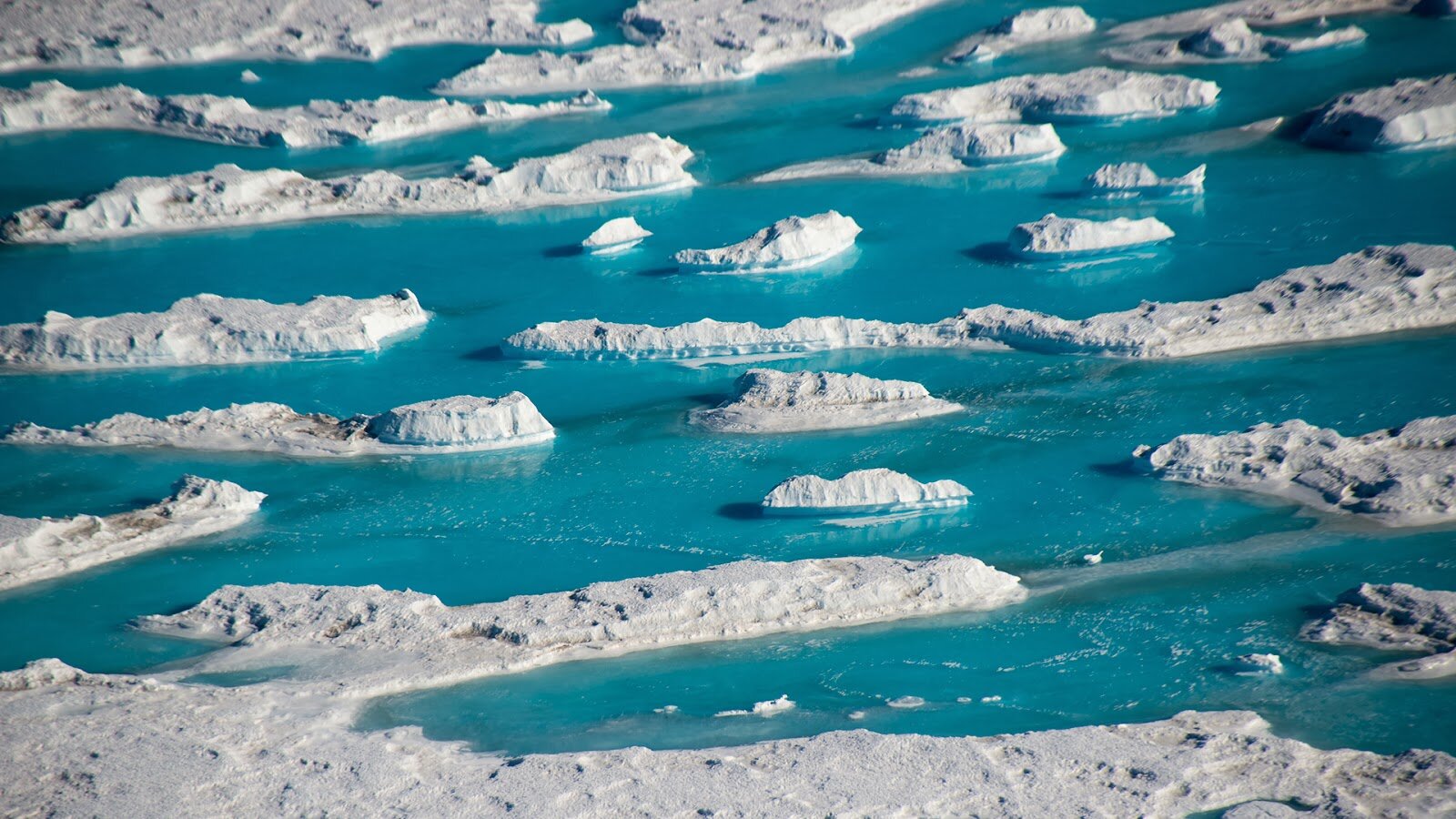What Ever Happened to Atlantis?
The Sands of Sarasvati
Risto Isomäki, Original title: Sarasvatin heikkaa, Translated by Owen F. Witesman, Helsinki: Into Publishing, 2013. 345 pages. 29.00 euros 9.9 euros.

Writing a science fiction story that also feels credible is difficult. Much of the genre is about some form of alien life ‘out there’ that we are contacting or that is coming to see what we are doing on Planet Earth, usually to abuse us in some form or another. The aliens are almost always the bad guys, especially in Hollywood, except for the Avatar series where humans are the bad guys, but then again in some distant fantastical floating-island extraterrestrial place.
What we have here is a ‘science fiction’ book rooted in the reality of the global climate crisis. This is not Ursula K. Le Guinn taking us to an allegorical planet in The World for World is Forest (1972) (as her critique of the Vietnam War), where humans are deforesting the land and exploiting its people. This is Finnish science writer, editor, and activist, Risto Isomäki, narrating the quest to find a rapid solution to the melting glaciers on Earth.
Indeed, flipping the words of the misleading ‘science fiction’ section heading where The Sands of Sarasvati is on sale in English at the Helsinki Airport, this is more a book of fiction explaining science. Isomäki knows his topic and threads the explanations into the dialogue quite smoothly. At times, it reads like a ‘dummy’s guide to science’ and comes across as somewhat pedantic. But the characters save the plot by bringing the narrative to life.
We have Sergei Savelnikov – a Russian submarine expert sent on a mission to investigate the unexpected find of underwater ruins protruding from the sub-sea sands in the Gulf of Cambay (or Khambhat) off the western coast of India. There he meets marine archaeologist Amrita Desai, who is coming out of a difficult divorce. While pontificating theories about the lost city of Atlantis, a careful romance emerges between them. Somewhat cliché.
Then there is Susan Cheng – a young researcher working on the Greenland Ice Sheet at the Nugssuaqk Research Station who is requested by Sergei to investigate some satellite images. To verify the findings, she takes Pierre Chamberlain – a French photojournalist who joins her on a nail-biting trip across the glacier to discover that the meltwater lake has disappeared beneath it, building up a massive amount of sub-terranean water that risks overflowing into the sea…
This could become a blockbuster Hollywood movie. There is also Kari Alanen – the ‘mad scientist’ who has devised a way to counter the melting glaciers by using windmills to fan massive quantities of mist water over the glacier in the hope that the particles would freeze and turn to snow which would help reflect the sun more again. Kari also pontificates about the mega-tsunamis and the phenomenon of washing huge boulders up hills as if they were pebbles.

Somehow, Kari’s plan turns into “Operation Ice Wind” and is approved by India, Iran, China, and Pakistan – a most unlikely combination for finding rapid agreements. But we are beyond geopolitics now and firmly in the realm of fantasy where 100,000 windmills are approved, ordered, and on their way to be installed in Greenland to halt the melting glaciers and replenish with snow. Renewables to the rescue! This is going to be a blockbuster movie.
Meanwhile, we do learn a lot about glacial lakes, meltwater, the colossal power of shifting ice, icebergs, the fragmented Arctic, and the methane clathrates stored deep in the ice: “If you chipped off a piece of that ice and put a match to it, it would burn.” (p.31) Burning ice is a fascinating phenomenon.
Learning so much about science in a fictional way is commendable. This is climate disaster literature at its best because whatever happened to Atlantis could also happen to us, and that is worth trying to understand better.
